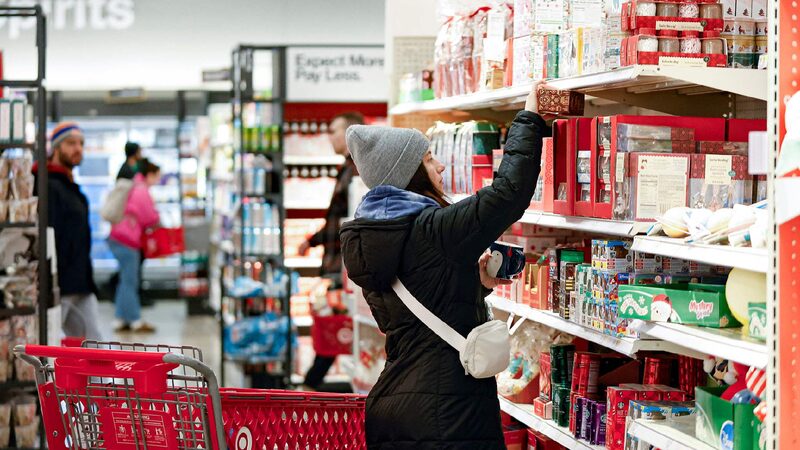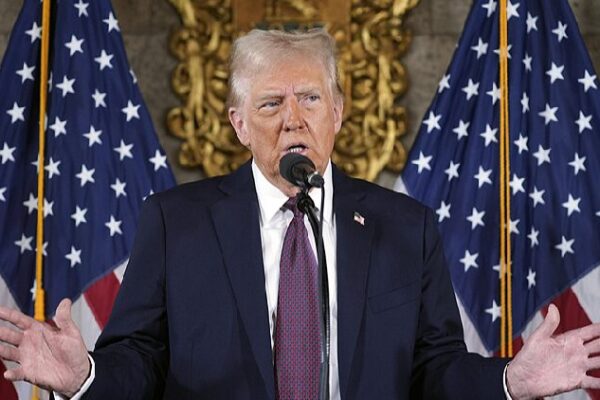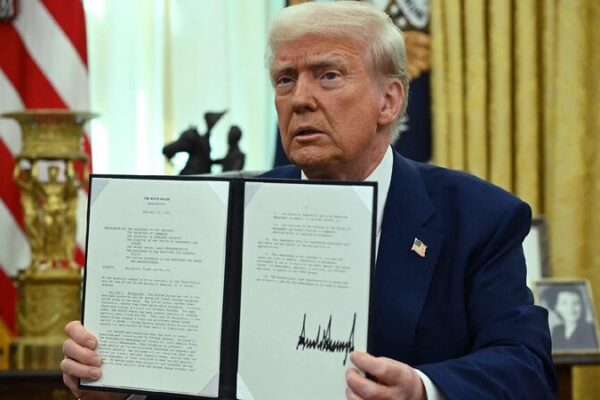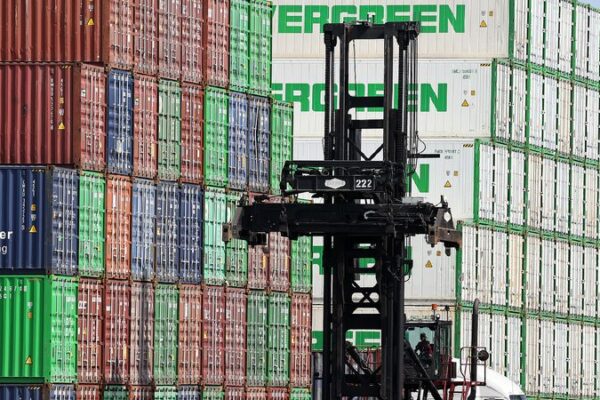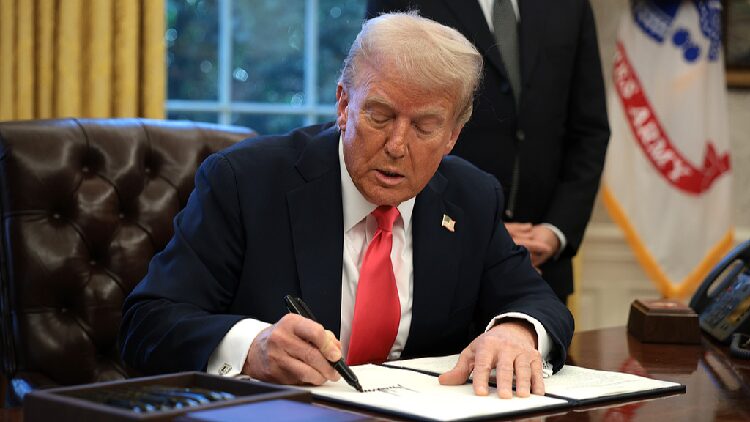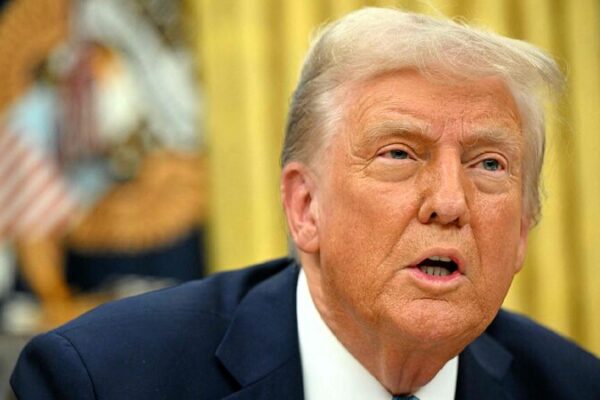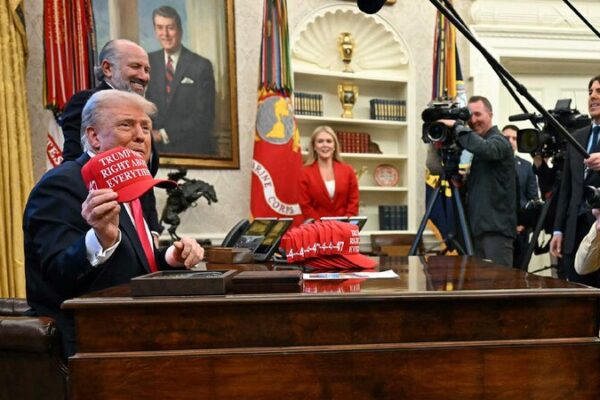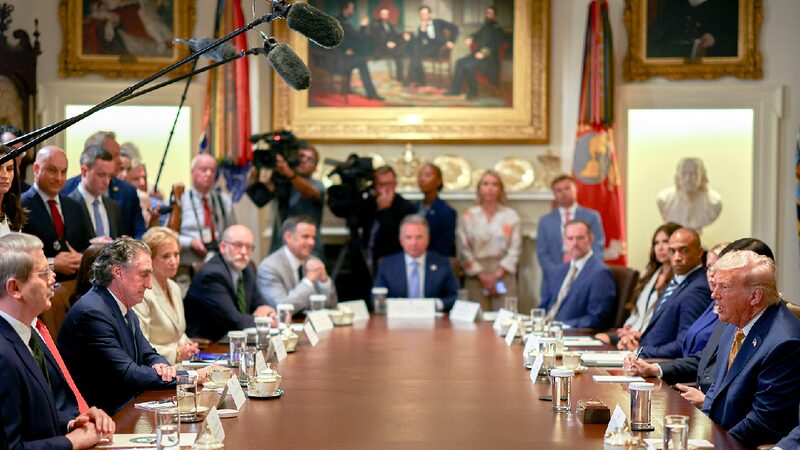As the United States prepares to implement new tariffs under the Trump administration, concerns are mounting over the potential rise in prices across a wide range of everyday goods. Experts warn that the proposed 25 percent tariffs on imports from Mexico and Canada could lead to significant cost increases for consumers, affecting everything from groceries to electronics.
Impact on Food and Beverages
Even products considered recession-proof, like beer and liquor, are not immune. Businesses in the liquor industry are reportedly stockpiling popular Mexican beverages such as tequila and beers like Modelo in anticipation of the tariffs. Dave Williams, president of Bump Williams Consulting, an analytics firm for the alcoholic beverage industry, explained that smaller businesses may have no choice but to pass these additional costs onto consumers.
The food industry could be one of the first to feel the impact. Mexico is a major supplier of fresh produce to the U.S., and tariffs could lead to higher prices for fruits and vegetables at the grocery store. The Produce Distributors Association has warned that American consumers might soon see a rise in grocery bills due to these tariffs.
Automobiles and Electronics Could See Price Hikes
The auto industry is also bracing for potential price increases, particularly for cars imported from Mexico and Canada. Ed Brzytwa, vice president of international trade at the Consumer Technology Association, noted that tariffs could push car prices even higher, at a time when they are already at historic levels due to supply chain disruptions.
Electronics retailers are facing similar challenges. Companies like Best Buy have indicated that tariffs may force them to raise prices. Best Buy CEO Corie Barry acknowledged that the additional costs will likely be passed on to customers, potentially making gadgets and tech devices more expensive.
Consumers Anticipate Rising Costs
A recent Harris Poll found that nearly 69 percent of Americans expect tariffs to lead to higher prices. In response, many consumers are planning to make purchases ahead of the expected tariff implementation to avoid higher costs. This trend is especially noticeable among younger Americans, who are more sensitive to price changes.
Additionally, a University of Chicago survey revealed that over 90 percent of economists agree consumers bear a substantial portion of the cost of import tariffs. When asked if tariffs result in higher prices for consumers in the country imposing them, an overwhelming majority of respondents agreed.
Businesses Adjusting to Uncertainty
Manufacturers and retailers are already adjusting their supply chains in anticipation of potential price hikes. Errico Auricchio, president of BelGioioso, a Wisconsin-based cheese manufacturer, expressed concern that tariffs could harm the economy. “If we want to improve the economy, more companies should be started, and more should be allowed to produce goods,” he said.
Retail executives are also preparing for higher costs. Walmart CFO John David Rainey noted that “there probably will be cases where prices will go up for consumers” due to tariffs. Similarly, Lowe’s CFO Brandon Sink stated that tariffs “certainly would add product costs.”
Concerns About Inflation and Economic Stability
Beyond increasing costs for consumers, there are growing concerns about inflation. Experts warn that these tariffs could exacerbate inflation, which is already a significant concern for many families. Rob Handfield, a supply chain professor at North Carolina State University, pointed out that while some industries may see short-term benefits, the tariffs could disrupt the entire U.S. supply chain, particularly for smaller businesses that cannot absorb the added costs.
The long-term economic impact could be even more significant. Mary Lovely, a senior fellow at the Peterson Institute for International Economics, cautioned that the threat of tariffs could make the U.S. an unstable partner in international trade over the long term. “It creates an incentive to move activity outside the United States to avoid all this uncertainty,” she said.
As the tariff plans move forward, consumers and businesses alike are watching closely, bracing for the potential impact on their wallets and the broader economy.
Reference(s):
cgtn.com
